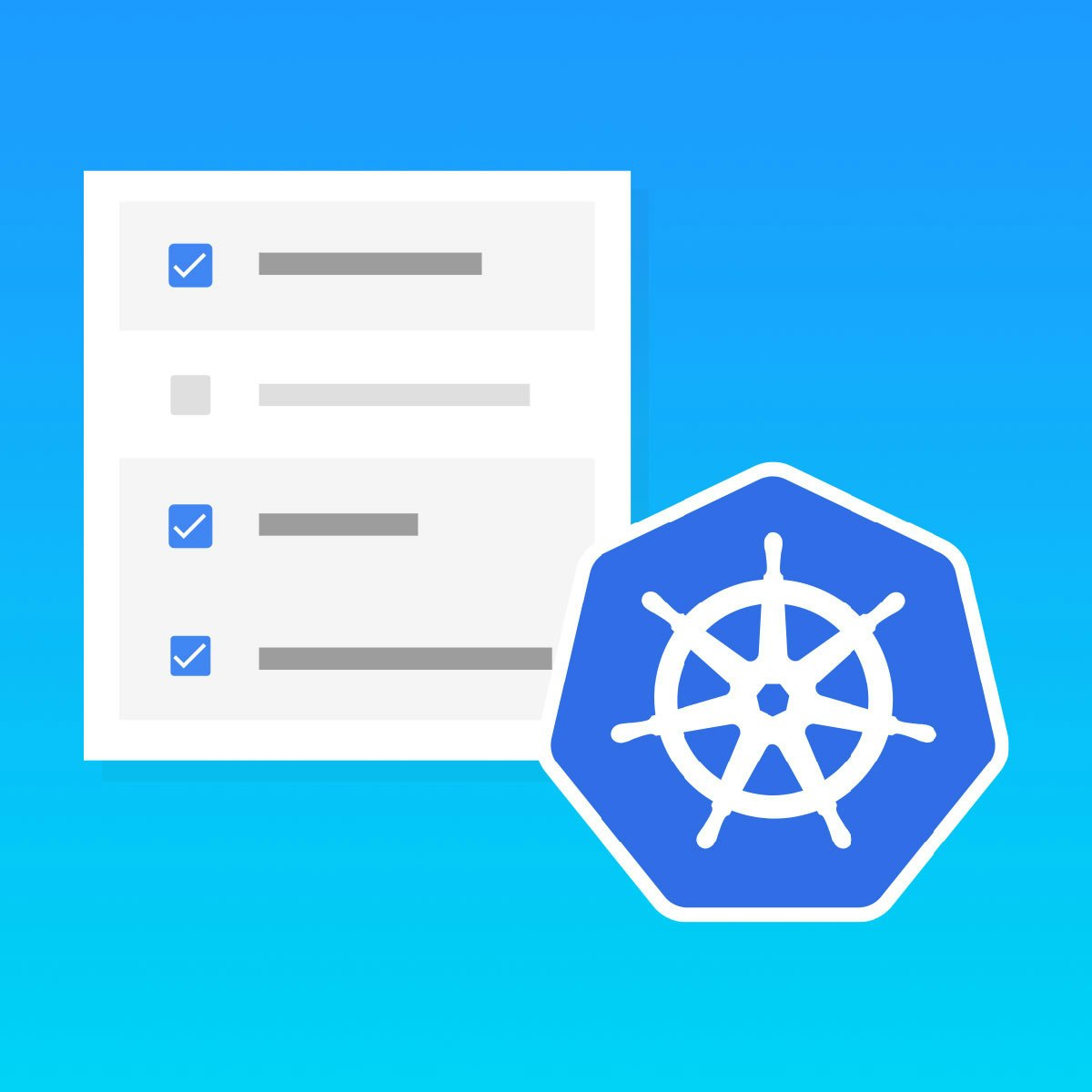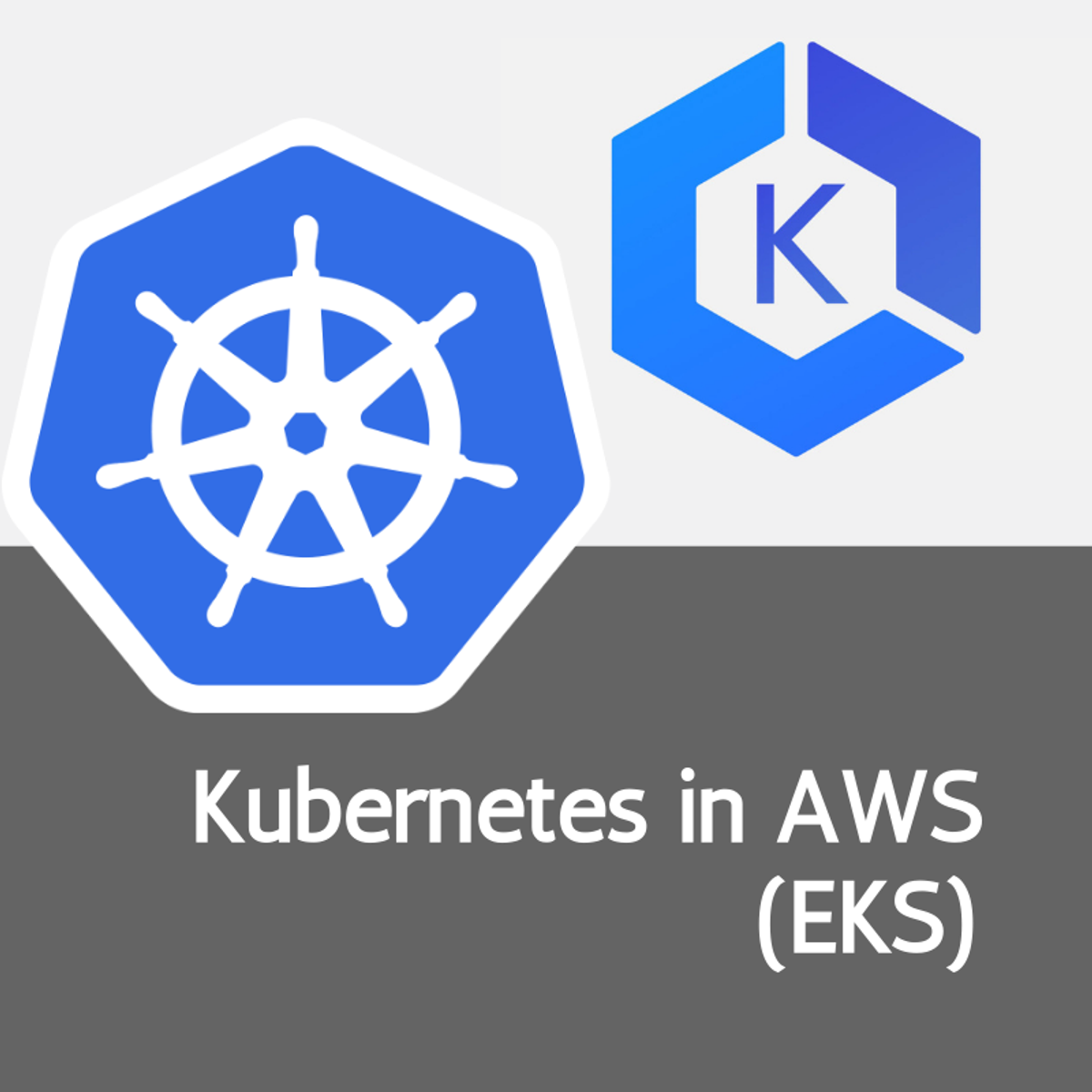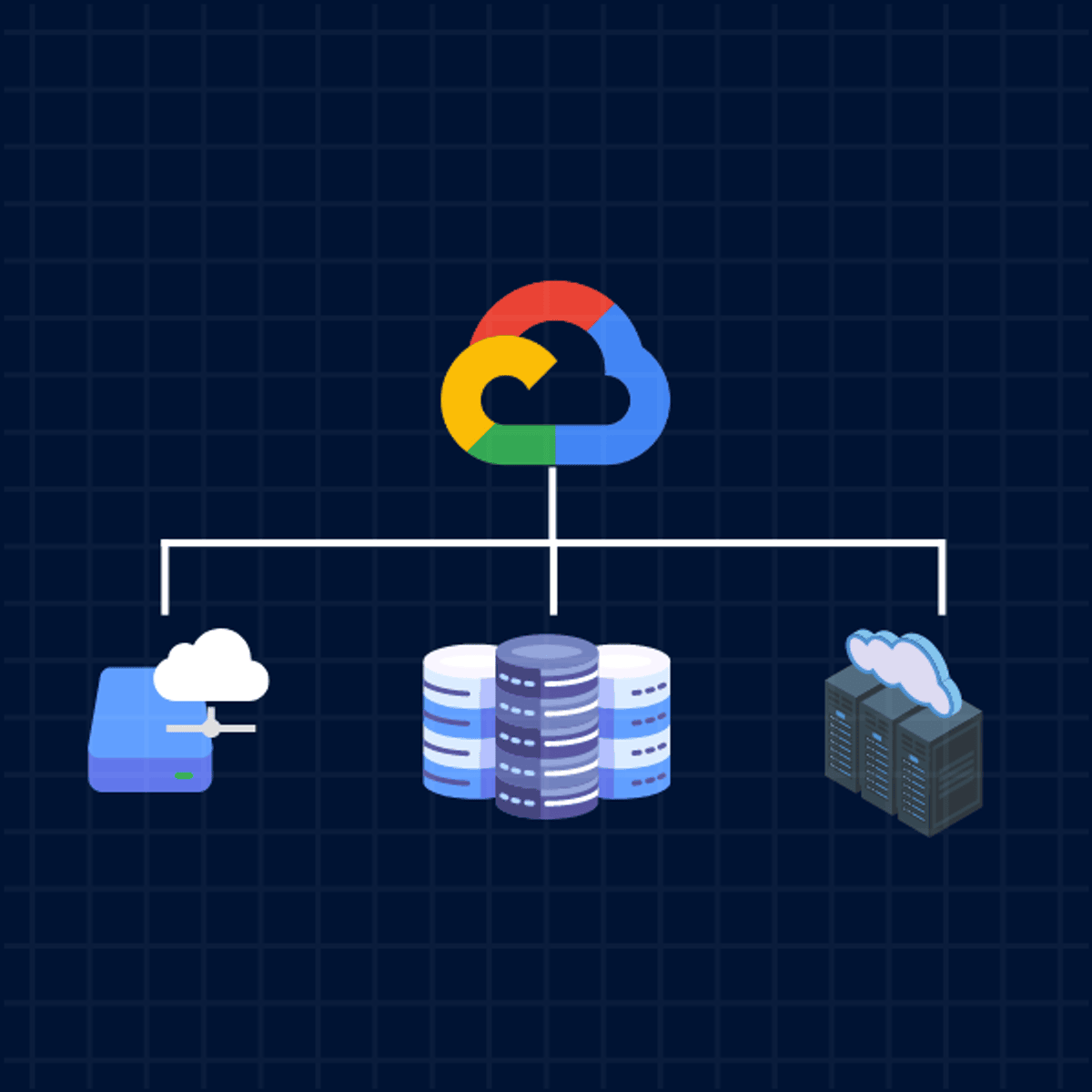Kubernetes Engineer
Understanding the Role of a Kubernetes Engineer
A Kubernetes Engineer is a specialized IT professional focused on designing, implementing, managing, and maintaining container orchestration platforms using Kubernetes. This role sits at the intersection of software development and IT operations, often falling under the umbrella of DevOps or Site Reliability Engineering (SRE). They ensure that applications deployed in containers run smoothly, scale efficiently, and remain highly available.
Working as a Kubernetes Engineer involves navigating the complexities of distributed systems and cloud-native architectures. It's a field that demands continuous learning as the technology evolves rapidly. Professionals in this role find excitement in automating infrastructure, solving intricate scaling problems, and enabling development teams to ship software faster and more reliably. For those fascinated by large-scale systems and cutting-edge cloud technologies, this career path offers compelling challenges and opportunities.
What is Kubernetes? An Overview
Before diving into the specifics of the engineer role, it's helpful to understand Kubernetes itself. At its core, Kubernetes (often shortened to K8s) is an open-source system for automating the deployment, scaling, and management of containerized applications. Think of it as an operating system for your cluster of servers, abstracting away the underlying hardware and providing a consistent platform for running applications.
Modern software is often built as a collection of smaller, independent services called microservices. Each microservice is frequently packaged into a lightweight, portable unit called a container. While running one or two containers is simple, managing hundreds or thousands across many servers becomes incredibly complex. Kubernetes tackles this complexity by grouping containers into logical units, automating tasks like load balancing, self-healing (restarting failed containers), and scaling applications up or down based on demand.
Key Concepts in the Kubernetes Ecosystem (ELI5 Version)
Imagine you're building a complex city made of Lego blocks. Each application or part of an application is like a specific type of building (e.g., a house, a shop, a factory). Containers are like pre-fabricated rooms or sections of these buildings, self-contained and easy to move around.
Containers: These are like the pre-fab Lego rooms. They package up an application and everything it needs to run (code, libraries, settings). Docker is a popular tool for creating these containers, but Kubernetes works with various container types.
Pods: A Pod is the smallest deployable unit in Kubernetes. Think of it as a single Lego building structure that holds one or more closely related containers (pre-fab rooms). These containers share resources like network space, almost like rooms within the same building sharing plumbing and electricity.
Nodes: A Node is like a plot of land in your Lego city where you can place your buildings (Pods). In reality, a Node is a server (either a physical machine or a virtual machine) that runs the containers.
Cluster: A Cluster is the entire Lego city – a collection of Nodes (plots of land) managed together by Kubernetes. Kubernetes acts as the city planner, deciding where to place new buildings (Pods), ensuring roads (networking) connect them correctly, and rebuilding any structures that collapse (self-healing).
This structured approach allows engineers to manage vast application landscapes efficiently. Kubernetes handles many operational burdens automatically, freeing up teams to focus on development.
These introductory courses can help build a foundational understanding of containers and Kubernetes.
Essential Tools and Cloud Integrations
The Kubernetes ecosystem extends beyond its core components. Several tools and integrations enhance its functionality and ease of use. Kubernetes Engineers frequently work with package managers like Helm, which simplifies deploying and managing complex applications, much like an app store for Kubernetes.
Operators are another key concept, representing custom controllers that extend Kubernetes' capabilities to manage stateful applications (like databases) more intelligently. Service meshes, such as Istio, provide advanced networking features like traffic management, security, and observability between microservices running within the cluster.
Furthermore, major cloud providers offer managed Kubernetes services, abstracting away much of the underlying infrastructure management. Examples include Amazon Web Services (AWS) Elastic Kubernetes Service (EKS), Google Kubernetes Engine (GKE), and Azure Kubernetes Service (AKS). Kubernetes Engineers often specialize in managing applications on one or more of these platforms.
Understanding these tools and integrations is crucial for effective Kubernetes management in real-world environments.
These resources delve deeper into specific cloud provider integrations and advanced tooling.
The Kubernetes Engineer Career Path
The demand for skilled Kubernetes Engineers has grown significantly alongside the rise of cloud-native technologies and microservices architectures. Companies across various sectors recognize the benefits of container orchestration for agility, scalability, and resilience, driving the need for professionals who can manage these complex systems.
Industry Demand and Opportunities
Kubernetes skills are highly sought after in technology-driven industries such as Software-as-a-Service (SaaS), financial technology (fintech), e-commerce, healthcare technology, and large enterprises undergoing digital transformation. Organizations leveraging public cloud platforms heavily rely on Kubernetes for application deployment and management.
Job postings frequently list Kubernetes alongside related skills like Docker, CI/CD tools (Jenkins, GitLab CI, Argo CD), infrastructure-as-code (Terraform, Pulumi), monitoring tools (Prometheus, Grafana, Datadog), and cloud platform expertise (AWS, Azure, GCP). The role often overlaps with DevOps and SRE practices.
Salaries for Kubernetes Engineers are typically competitive, reflecting the high demand and specialized skill set required. Compensation varies based on experience, location, company size, and industry. According to reports like those from Robert Half's Salary Guide, cloud and containerization skills often command premium salaries in the tech sector.
Typical Entry Points and Geographic Spread
Entry into a Kubernetes Engineer role often comes after gaining experience in related areas. Common pathways include transitioning from roles like System Administrator, Network Engineer, Software Engineer (especially backend or platform), or traditional DevOps Engineer roles. Experience with Linux/Unix systems, networking fundamentals, scripting, and cloud platforms provides a strong foundation.
Junior positions might focus on specific tasks like cluster monitoring, basic troubleshooting, or managing deployment pipelines under supervision. Internal transitions within a company, where an employee learns Kubernetes skills while working on related projects, are also common.
Opportunities for Kubernetes Engineers are concentrated in major technology hubs but are increasingly available remotely as companies adopt distributed work models. Major metropolitan areas with strong tech industries often have a higher density of roles, but the rise of cloud computing means the physical location of infrastructure is less critical than the skills to manage it.
A Day in the Life of a Kubernetes Engineer
The daily activities of a Kubernetes Engineer are diverse, blending proactive system management with reactive troubleshooting and collaboration. Their primary goal is to ensure the stability, performance, and security of the Kubernetes clusters and the applications running on them.
Cluster Lifecycle Management
A significant part of the role involves managing the lifecycle of Kubernetes clusters. This includes provisioning new clusters, upgrading existing ones to newer Kubernetes versions, applying patches, and managing the underlying nodes (servers). Engineers must carefully plan upgrades to minimize downtime and ensure compatibility with running applications.
They also configure cluster components, manage resource allocation (CPU, memory limits), set up networking policies, and implement security best practices like role-based access control (RBAC). Automation is key here, using tools like Terraform or cloud provider CLIs to manage infrastructure as code.
Understanding how to manage resources effectively is crucial for both performance and cost.
CI/CD Pipeline Integration and Support
Kubernetes Engineers work closely with development teams to integrate Kubernetes into continuous integration and continuous delivery (CI/CD) pipelines. They help automate the building, testing, and deployment of containerized applications onto the clusters.
This involves configuring CI/CD tools to interact with Kubernetes APIs, setting up deployment strategies (like rolling updates or canary releases), and ensuring developers have the tools and environments they need to deploy safely and efficiently. Troubleshooting deployment issues is also a common task.
Monitoring, Troubleshooting, and Disaster Recovery
Ensuring the health and performance of clusters and applications requires robust monitoring and logging. Kubernetes Engineers set up and maintain monitoring stacks (e.g., Prometheus, Grafana, ELK stack, Datadog) to collect metrics, logs, and traces. They define alerts to proactively identify potential issues.
When problems arise – failed deployments, performance degradation, service outages – Kubernetes Engineers are often on the front lines of troubleshooting. This requires deep knowledge of Kubernetes internals, networking, and the applications running on the platform. They also contribute to disaster recovery planning, ensuring backups are taken and restoration procedures are tested.
These resources focus on the operational aspects of managing Kubernetes environments.
Building the Necessary Skills
Becoming a proficient Kubernetes Engineer requires a blend of technical expertise and essential soft skills. It's a journey of continuous learning, starting with foundational concepts and progressing to advanced topics.
Core Technical Foundations
A strong understanding of Linux/Unix operating systems is fundamental, as Kubernetes heavily relies on Linux kernel features like namespaces and cgroups. Familiarity with command-line tools, shell scripting (Bash), and system administration concepts is crucial.
Containerization technology, primarily Docker, is another prerequisite. You need to understand how to build container images (Dockerfiles), manage container lifecycles, and understand container networking and storage concepts.
Networking knowledge is essential, including TCP/IP, DNS, HTTP/HTTPS, load balancing, and firewall concepts. Kubernetes networking is complex, so a solid grasp of the basics is vital for troubleshooting connectivity issues within and outside the cluster.
Finally, proficiency with configuration formats like YAML and sometimes JSON is necessary, as Kubernetes configurations are primarily defined using YAML manifests. Understanding Infrastructure as Code (IaC) tools like Terraform or Pulumi is also highly beneficial for automating infrastructure provisioning.
Kubernetes-Specific Knowledge and Troubleshooting
Beyond the foundations, deep knowledge of Kubernetes architecture and core objects (Pods, Services, Deployments, StatefulSets, ConfigMaps, Secrets, etc.) is required. Understanding the control plane components (API server, etcd, scheduler, controller manager) and worker node components (kubelet, kube-proxy, container runtime) is key.
Troubleshooting distributed systems is a critical skill. This involves analyzing logs, inspecting resource states (`kubectl describe`, `kubectl logs`), understanding event streams, and using monitoring tools effectively to diagnose issues ranging from application failures to cluster-wide problems.
Experience with specific tools within the Kubernetes ecosystem, such as Helm for package management, Prometheus/Grafana for monitoring, and various CI/CD tools, adds significant value. Security concepts within Kubernetes, like RBAC, Network Policies, and Secrets management, are also increasingly important.
These books offer deep dives into Kubernetes concepts and practical patterns.
Soft Skills and Collaboration
Technical skills alone are not sufficient. Kubernetes Engineers must collaborate effectively with development teams, operations teams, and other stakeholders. Strong communication skills are needed to explain complex technical concepts, document procedures, and participate in incident response.
Problem-solving abilities are paramount, requiring analytical thinking and a systematic approach to diagnosing and resolving issues under pressure. Adaptability and a willingness to learn are also crucial, given the rapid pace of change in the cloud-native landscape.
Working in a DevOps or SRE culture often involves shared responsibility and close collaboration, making teamwork and interpersonal skills highly valuable.
Educational Pathways to Kubernetes Engineering
There are multiple routes to acquiring the knowledge and skills needed for a Kubernetes Engineering career, ranging from traditional academic programs to focused online learning and certifications.
Formal Education and Relevant Degrees
A bachelor's degree in Computer Science, Information Technology, Cloud Computing, or a related engineering field provides a strong theoretical foundation. Coursework in operating systems, computer networks, distributed systems, algorithms, and software development methodologies is particularly relevant.
Some universities offer specialized tracks or courses focusing on cloud computing and container orchestration. Research opportunities in areas like distributed systems, cloud security, or performance optimization of containerized workloads can also provide valuable experience for those pursuing academic paths (e.g., Masters or PhD).
While a formal degree can be advantageous, it's often not a strict requirement, especially if candidates can demonstrate practical skills and experience through other means.
Online Learning, Certifications, and Practical Experience
Online learning platforms offer a wealth of resources for mastering Kubernetes and related technologies. Numerous courses cover everything from basic container concepts to advanced Kubernetes administration and security. OpenCourser aggregates thousands of such courses, making it easier to find relevant learning materials from various providers.
Industry certifications are highly regarded in the Kubernetes field. The Cloud Native Computing Foundation (CNCF) offers several key certifications:
- Certified Kubernetes Administrator (CKA): Focuses on the skills required to operate and manage Kubernetes clusters.
- Certified Kubernetes Application Developer (CKAD): Focuses on designing, building, configuring, and exposing cloud-native applications for Kubernetes.
- Certified Kubernetes Security Specialist (CKS): An advanced certification focusing on securing container-based applications and Kubernetes platforms during build, deployment, and runtime.
Building hands-on experience is critical. Setting up home labs using tools like Minikube, k3s, or Kind allows learners to experiment with Kubernetes concepts in a safe environment. Contributing to open-source projects related to Kubernetes or its ecosystem is another excellent way to learn and demonstrate skills.
These courses are specifically designed to prepare learners for CKA certification or provide advanced Kubernetes knowledge.
Consider these books for practical guidance and cookbook-style solutions.
Career Growth and Specialization
A role as a Kubernetes Engineer offers significant potential for career advancement and specialization. As professionals gain experience, they can move into more senior roles, focus on specific technical areas, or transition into leadership positions.
Progression Paths: From Junior to Architect
The typical career trajectory often starts with junior or associate-level roles, focusing on operational tasks and learning under supervision. With experience, engineers progress to mid-level and senior positions, taking on more complex responsibilities like designing cluster architectures, leading migration projects, optimizing performance, and mentoring junior team members.
Experienced Kubernetes Engineers may advance to roles like Cloud Architect or Solutions Architect, designing broader cloud-native solutions that incorporate Kubernetes. Others might specialize deeply within the Kubernetes domain, becoming subject matter experts in areas like networking, security, or performance tuning.
Specialization Areas and Leadership
Within Kubernetes engineering, several specialization paths exist. Some engineers focus heavily on Kubernetes security, implementing security best practices, managing vulnerabilities, and ensuring compliance (CKS certification aligns well here). Others might specialize in performance optimization, tuning clusters and applications for maximum efficiency and low latency.
Networking is another complex area offering specialization opportunities, particularly with the rise of service meshes and advanced ingress controllers. Specializing in specific cloud provider implementations (EKS, GKE, AKS) or related technologies like serverless (Knative) or specific CI/CD tooling (Argo CD, Flux) are also common.
With significant experience and leadership aptitude, Kubernetes Engineers can transition into team lead, engineering manager, or technical director roles, guiding teams responsible for platform engineering, SRE, or cloud operations.
These resources touch upon advanced topics like operators and platform architecture.
Emerging Trends Shaping the Role
The field of Kubernetes engineering is constantly evolving, influenced by broader trends in cloud computing, software development, and IT operations. Staying abreast of these trends is crucial for long-term career success.
Shift Towards GitOps
GitOps is an increasingly popular operational model for Kubernetes and cloud-native applications. It uses Git repositories as the single source of truth for defining desired infrastructure and application states. Changes are made via pull requests, and automated tooling ensures the live environment converges to the state defined in Git. This enhances traceability, auditability, and consistency, impacting how Kubernetes Engineers manage deployments and configurations.
Edge Computing and Kubernetes
As computing moves closer to end-users and devices (edge computing), Kubernetes is being adapted to manage containerized workloads in these distributed, resource-constrained environments. Projects like K3s and KubeEdge aim to provide lightweight Kubernetes distributions suitable for edge use cases. Engineers may need to develop skills in managing geographically dispersed, potentially intermittent clusters.
Security and Compliance Demands
Security remains a paramount concern. Ensuring the security of the container supply chain, runtime security, network segmentation within clusters, and managing secrets are ongoing challenges. Regulatory requirements like GDPR, HIPAA, and PCI-DSS impose strict compliance demands on how data is handled and systems are secured, requiring Kubernetes Engineers to implement and validate controls within the cluster.
Understanding security best practices is essential for any Kubernetes role.
Cloud-native trends are frequently discussed in industry reports, such as those by Gartner, highlighting the strategic importance of technologies like Kubernetes.
Navigating Challenges in Kubernetes Engineering
While a rewarding career, Kubernetes Engineering comes with its own set of challenges. The complexity of the technology and the criticality of the systems managed require resilience and continuous problem-solving.
Complexity and Rapid Evolution
Kubernetes itself is a complex distributed system with many moving parts. Understanding its intricacies and the interactions between components takes time and effort. The ecosystem evolves rapidly, with new features, tools, and best practices emerging constantly. Engineers must dedicate time to continuous learning to stay current.
Managing multiple clusters across different environments (development, staging, production) or across hybrid/multi-cloud setups adds further layers of complexity regarding networking, identity management, and policy enforcement.
Operational Burdens
Despite automation, managing Kubernetes clusters involves significant operational responsibilities. Tasks like patching vulnerabilities across the stack (OS, Kubernetes components, container images), managing storage, ensuring robust monitoring and alerting, and handling incidents can be demanding.
Troubleshooting issues in a distributed environment can be challenging, requiring deep dives into logs, metrics, and system states across multiple components. Vendor lock-in can also be a concern, particularly when relying heavily on proprietary features of managed Kubernetes services or specific ecosystem tools.
Exploring different platforms and tools can broaden understanding.
Frequently Asked Questions (FAQ)
Here are answers to some common questions potential and current Kubernetes Engineers might have.
Is a Kubernetes certification (like CKA/CKAD/CKS) mandatory for getting a job?
While not always strictly mandatory, certifications like the CKA, CKAD, and CKS are highly valued by employers. They provide a standardized way to demonstrate practical, hands-on Kubernetes skills. Holding a relevant certification can significantly strengthen a job application, especially for those transitioning into the field or seeking more senior roles. However, demonstrable experience and strong foundational knowledge remain paramount.
Can a Network Engineer or System Administrator transition into a Kubernetes Engineer role?
Absolutely. Professionals with backgrounds in network engineering or system administration possess many foundational skills crucial for Kubernetes, such as Linux/Unix expertise, networking fundamentals (TCP/IP, DNS, load balancing), and scripting. The transition involves learning containerization (Docker), Kubernetes architecture and operation, cloud platforms, and potentially CI/CD tooling. Online courses, certifications, and hands-on practice are key enablers for this transition.
How does a Kubernetes Engineer differ from a traditional DevOps Engineer or SRE?
There's significant overlap, and titles can vary between companies. Generally, a Kubernetes Engineer specializes specifically in the Kubernetes platform and its ecosystem. A DevOps Engineer often has a broader scope, focusing on the entire CI/CD pipeline, automation, and collaboration between development and operations, which may or may not heavily involve Kubernetes. A Site Reliability Engineer (SRE) focuses on the reliability, scalability, and performance of production systems, often using Kubernetes as a tool, but also employing broader software engineering principles to solve operational problems.
What industries hire the most Kubernetes Engineers?
Technology companies (especially SaaS, cloud providers, and large tech firms) are major employers. Financial services, e-commerce, healthcare technology, telecommunications, and entertainment/media also heavily utilize Kubernetes and hire engineers to manage these platforms. Essentially, any industry undergoing digital transformation and adopting cloud-native architectures is likely to have a growing need for Kubernetes expertise.
Is the role threatened by managed Kubernetes services (EKS, GKE, AKS)?
While managed services abstract away some of the underlying infrastructure management (like control plane patching), they don't eliminate the need for Kubernetes Engineers. Engineers are still required to configure the clusters, manage workloads, implement security policies, set up monitoring and logging, optimize costs, integrate with CI/CD pipelines, and troubleshoot application issues running on these managed platforms. The focus may shift slightly higher up the stack, but the core skills remain essential.
What are typical interview preparation strategies?
Preparation should cover:
- Fundamentals: Linux, networking, Docker.
- Kubernetes Core Concepts: Architecture, objects (Pods, Services, Deployments, etc.), scheduling, networking, storage.
- Hands-on Skills: Proficiency with `kubectl`, writing YAML manifests, troubleshooting common issues (use Minikube/Kind for practice).
- Ecosystem Tools: Familiarity with Helm, Prometheus/Grafana, CI/CD tools.
- Cloud Platforms: Knowledge of at least one major provider's managed Kubernetes service (EKS, GKE, AKS) is often beneficial.
- Problem Solving: Be prepared for scenario-based questions and potentially live coding or troubleshooting exercises.
You can find many relevant courses and books to aid your preparation by browsing the Cloud Computing or IT & Networking categories on OpenCourser.
Conclusion
The role of a Kubernetes Engineer is dynamic, challenging, and increasingly critical in the modern technology landscape. It requires a strong foundation in IT fundamentals combined with specialized knowledge of container orchestration and cloud-native practices. While the learning curve can be steep, the high demand and potential for growth make it an attractive career path for those passionate about infrastructure, automation, and scalable systems. Whether you're starting your career, considering a pivot, or looking to deepen your expertise, the journey involves continuous learning and hands-on practice, with abundant resources available through platforms like OpenCourser to guide your way.
















